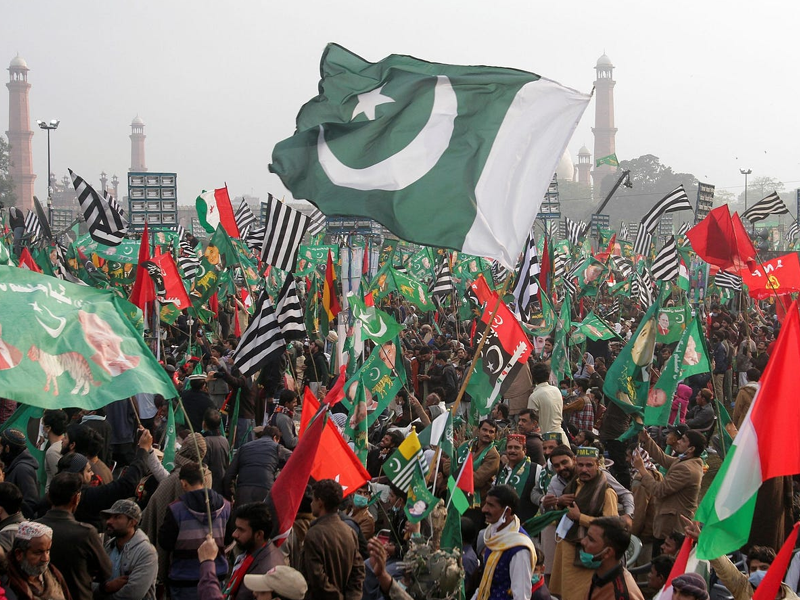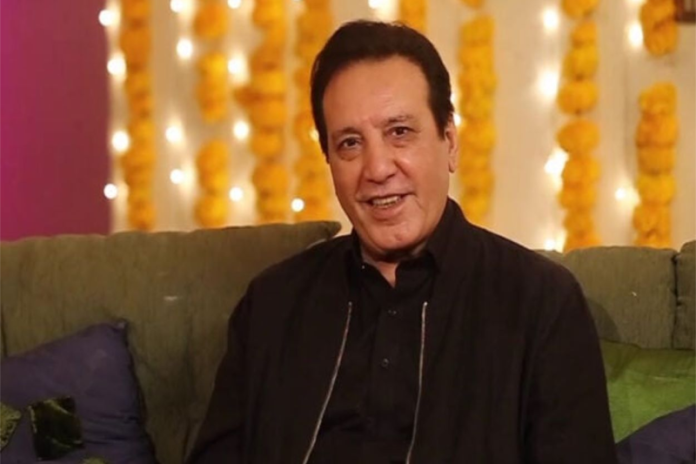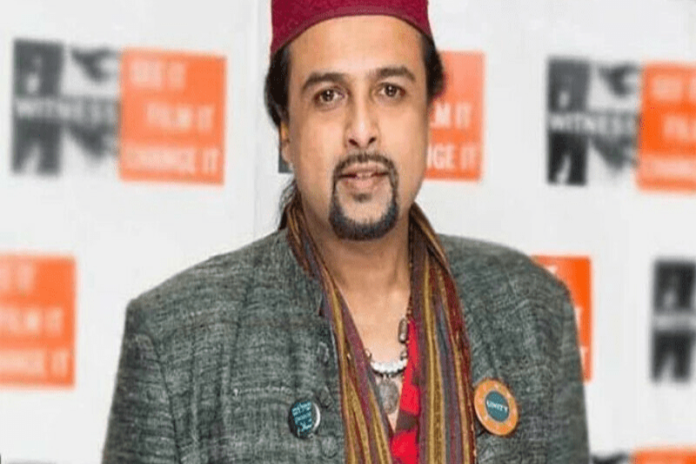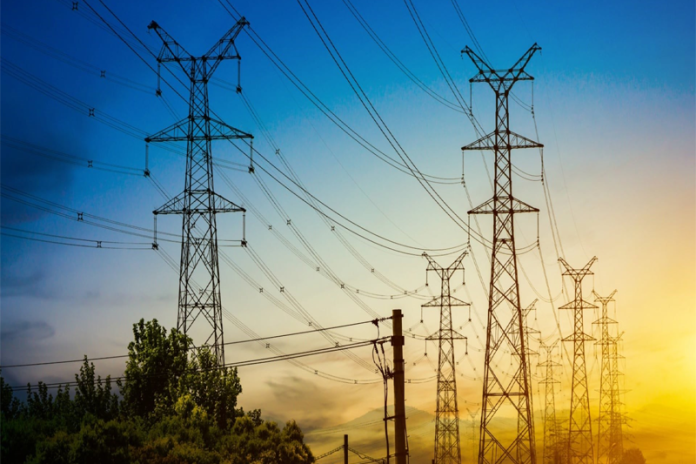The complex political landscape of Pakistan: Challenges and Dynamics

- 274
- 0
Politics in Pakistan is an intricate tapestry woven with a multitude of threads, each representing historical, cultural, and socio-economic complexities. With a rich history shaped by diverse influences, the country's political landscape is a canvas painted with challenges, progressions, and a constant quest for stability.
At the heart of Pakistan's political landscape lies a vibrant democracy, albeit one characterized by fluctuations, transitions, and power struggles. The nation has seen periods of civilian rule interspersed with military interventions, creating a delicate balance between democratic governance and military influence.
One of the key dynamics in Pakistani politics is the multi-party system. Several political parties representing diverse ideologies, regional interests, and social agendas vie for power. This diversity reflects the country's rich tapestry of cultures and beliefs, but it also creates a fragmented political landscape often marked by coalition governments.
Moreover, regional disparities and ethnic complexities add layers of intricacy to the political scenario. Balancing the needs and aspirations of diverse provinces, each with its unique identity and socio-economic challenges, remains a perpetual challenge for policymakers.
The role of the military in Pakistani politics has been a significant factor throughout the country's history. While the military has intervened in governance several times, the nation has witnessed a gradual shift towards civilian supremacy and strengthening democratic institutions in recent years.
Corruption and governance issues remain persistent challenges. Political corruption, nepotism, and lack of transparency have undermined the credibility of governance structures. Building accountable and transparent institutions is crucial for restoring public trust in the political system.
Additionally, geopolitical factors exert a significant influence on Pakistan's political landscape. The country's relationships with neighboring nations, particularly India and Afghanistan, contribute to regional dynamics, security concerns, and foreign policy decisions.
Despite these challenges, Pakistan has made strides in various domains. The country's evolving media landscape and an increasingly active civil society have amplified public discourse and played a pivotal role in holding authorities accountable.
Looking ahead, Pakistan faces the task of navigating these complexities while fostering inclusive governance, socio-economic development, and addressing pressing issues such as poverty, education, and healthcare.
The future of Pakistani politics hinges on strengthening democratic institutions, ensuring civilian supremacy, promoting social cohesion, and navigating regional and global alliances to secure the nation's stability and prosperity.
In essence, the political trajectory of Pakistan reflects a blend of challenges, aspirations, and the continuous pursuit of a more stable and prosperous future—a journey marked by resilience, debates, and the collective will to shape a better tomorrow.
Published in The Daily National Courier, January, 05 2024
Like Business on Facebook, follow @DailyNCourier on Twitter to stay informed and join in the conversation.

















































